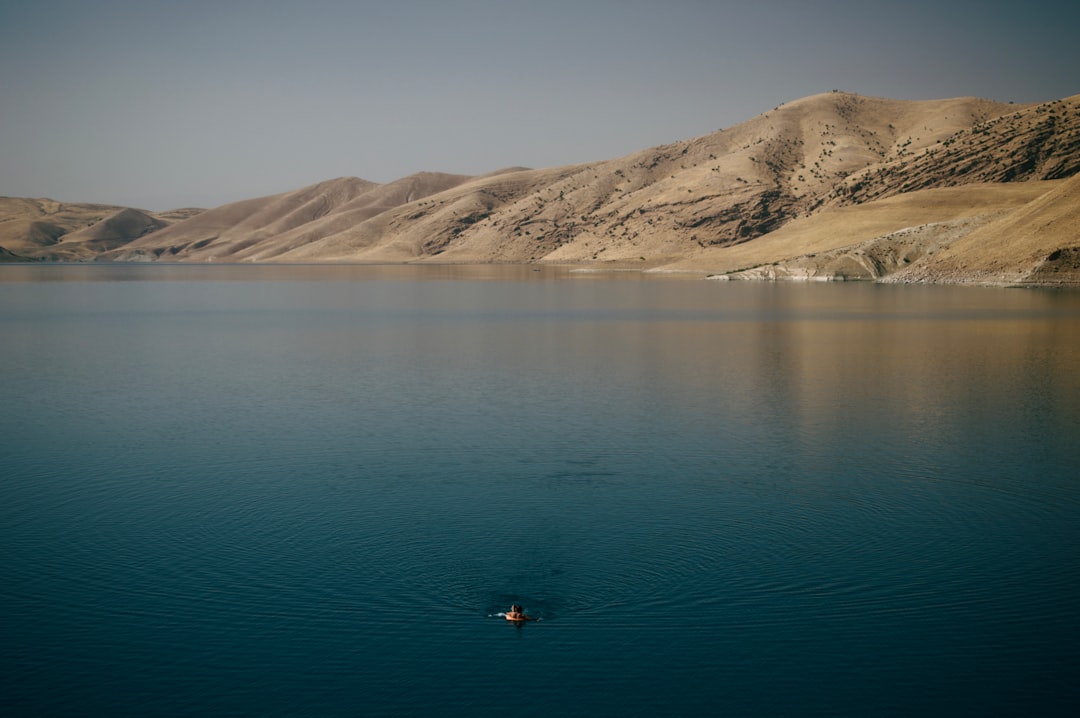What is it about?
Carbon neutrality refers to a state of net-zero carbon emissions that can be achieved by balancing the discharge and removal of carbon compounds to and from the atmosphere. It is a crucial step to avoid the catastrophic consequences of climate change. This study aims to reveal the development of carbon neutrality research during the period 2001 to 2022 using a bibliometric approach.
Featured Image

Photo by Matthias Heyde on Unsplash
Why is it important?
Using a keyword search of carbon neutrality (or carbon neutral) in Scopus, we identified 8,071 publications including journal articles, review articles, conference papers, book chapters, and books. Bibliometric data were analyzed using Scopus tools and VOSviewer. Results showed that the number of carbon neutrality publications has increased exponentially in the past two years and Chinese researchers produced most of the publications, followed by U.S. researchers. Co-occurrence of keywords analysis showed that four clusters of carbon neutrality research were emerged, namely carbon neutrals using biofuels and hydrogen, carbon neutralities focusing on energy efficiency, energy utilization and renewable energies, carbon neutrality aiming to achieve sustainable development, and greenhouse gas emissions from coal. The findings of the study suggested that future research should focus on biomass and biofuels as they are key reservoirs of carbon.
Perspectives
Carbon neutrality is a key human endeavor that ensures our survival. It can be achieved by two options i.e. reducing carbon emissions and utilizing carbon offsetting. However, the second option - carbon offsetting shall be carried out with great caution. It is because the slow carbon cycle takes million years for one cycle while the fast carbon cycle takes ten/hundred years for one cycle. Carbon offsetting may oversight the fact that the nature takes millions of years for turning biomass to fossil fuels under complex geothermal-chemical processes. Carbon offsetting may blind people to believe that we can somehow remove “new” CO2 due to the burning of fossil fuels i.e. “old” biomass (McKendry, 2002) by capturing CO2 using plants i.e. “new” biomass and other sequestration technologies. From the system perspective, humans should stop using fossil fuels. In other words, humans should stop injecting CO2 from “old” biomass to the current climate system.
Professor W.M. To
Macao Polytechnic University
Read the Original
This page is a summary of: A bibliometric study of carbon neutrality: 2001-2022, HKIE Transactions, May 2023, The Hong Kong Institution of Engineers,
DOI: 10.33430/v30n2thie-2022-0056.
You can read the full text:
Contributors
The following have contributed to this page










